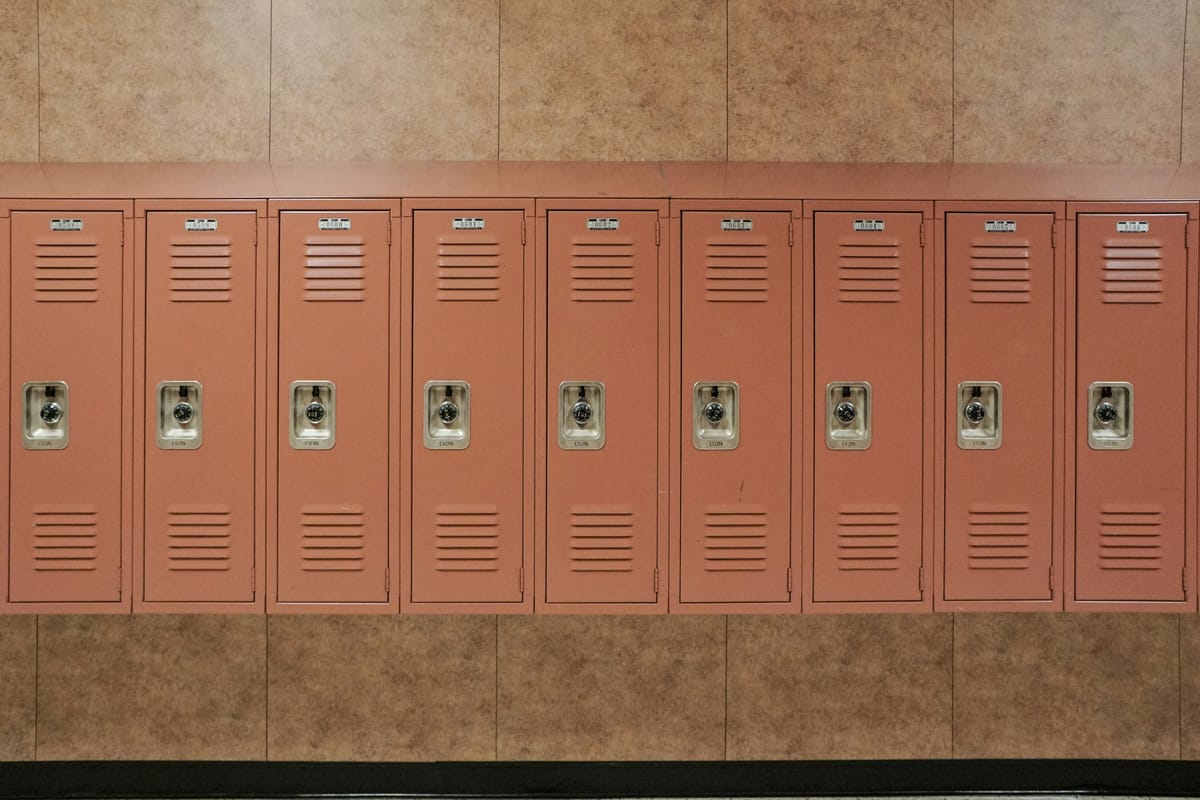Federal Judge Dismisses Racial Discrimination Case Over Texas School Hair Policy

Case Closure in Federal Court
HOUSTON — A federal judge has dismissed a lawsuit brought by a Texas student who challenged his school district’s hair-length policy as discriminatory.
On July 24, U.S. District Court Judge Jeffrey Brown ruled against Darryl George, a student in Barbers Hill Independent School District, ending the case with prejudice. The decision closes the matter in federal court and prevents George from refiling the same claims.
Disciplinary Actions Sparked Legal Fight
George, who wears his hair in dreadlocks styled in a bun, faced repeated discipline during the 2023–2024 school year because his hairstyle exceeded the district’s dress code limits.
The policy prohibits male students from wearing hair below the eyebrows, earlobes, or shirt collar. It also restricts styles that would extend past those points if let down. George received suspensions and other penalties for noncompliance.
In September 2023, Texas enacted the CROWN Act, which bans discrimination based on hair texture or protective styles. Still, Judge Brown sided with the school district, writing: “The court understands George’s position well. Nevertheless, the district remains entitled to summary judgment. End of story.”
Sex Discrimination Claim Also Rejected
Earlier in the case, Judge Brown allowed a separate sex discrimination claim to proceed while dismissing George’s race discrimination allegations. But in his final decision, he rejected that argument too.
The judge wrote that the district’s grooming rules were “substantially related to career readiness” and emphasized that it is legal for employers to set sex-based distinctions in dress codes.
State-Level Battle Continues
Although the federal case has ended, George’s legal challenge continues in state court.
A state judge had previously upheld the district’s right to enforce its grooming standards. That ruling is now under review by the First Court of Appeals.
In a filing, George’s lawyers argued: “The Court should decline to dismiss the appeal because, as a direct result of the district removing Mr. George from regular curricular instruction during his entire junior year of high school, he has suffered concrete educational disadvantages and/or disabilities — the effects of which will persist and continue to stigmatize him and cannot be absolved merely by dismissing the appeal as moot.”
What Comes Next
With the federal case dismissed, the outcome now hinges on the ongoing state appeal. For George, the fight highlights how local school dress codes can collide with broader protections against discrimination, even under state laws like the CROWN Act.
